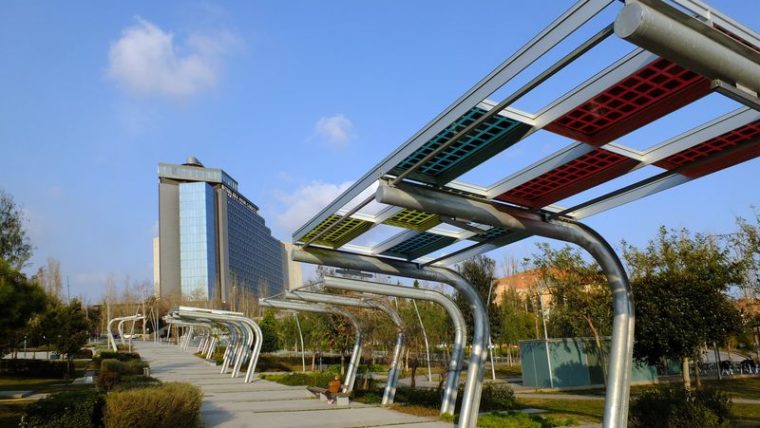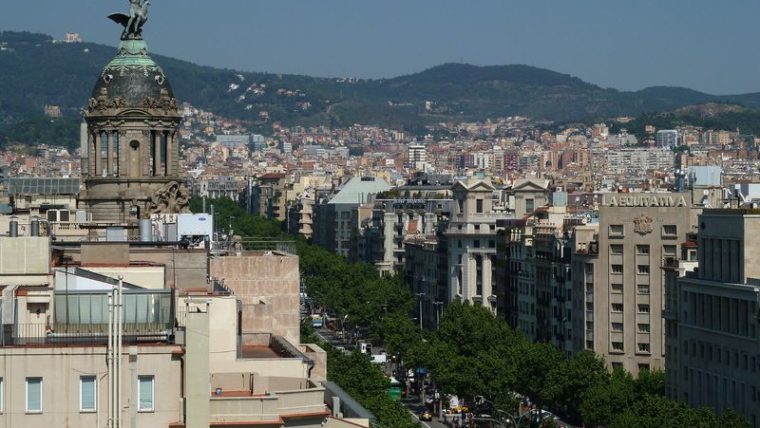Barcelona City Council publishes its annual follow-up and assessment report of the city’s 2030 Agenda
The report contains close to 200 indicators that provide evidence of Barcelona’s development regarding its 17 sustainable development goals.

Barcelona City Council publishes its annual follow-up and assessment report of the city’s 2030 Agenda corresponding to 2021. The report contains close to 200 indicators that provide evidence of Barcelona’s development regarding its 17 sustainable development goals. It offers useful information for establishing priorities and planning municipal action. The report also promotes Barcelona’s participation in the global debate on sustainable development, where cities are playing an increasingly important role.
At a global scale, the latest follow-up report on the 2030 Agenda published by the United Nations shows that the pandemic has halted, or even reversed, progress in key milestones, such as poverty reduction and quality education. Basic public services, especially those relating to healthcare, have been severely strained, casting doubt on housing, public-space and mobility models in cities. The world has avoided a catastrophe thanks to the resilience and reaction capacities of societies and their institutions, but the damage is serious and will hamper efforts to achieve the SDGs. The pandemic likewise strengthened the 2030 Agenda’s need to prevent the recurrence of a crisis like this and, failing that, to be able to provide an effective, fair and sustainable response to its consequences.
In Barcelona’s case, the aggregated analysis of the way the 2030 Agenda’s indicators have evolved concluded that, from the initial launch of the SDGs (in 2015) to the year when the latest value of the indicator is available, the indicators have evolved favourably with regard to the targets set in 56% of cases (100 out of 178), negatively in 40% (71 out of 178) and have remained stable in 4% (7 out of 178). The Covid-19 situation has left an ambivalent balance, characterised by the worsening of some social and economic targets and the improvement of others, above all environmental. Overall, the developments of the last two years have made the challenges Barcelona needs to overcome, if it is to meet its SDGs, all the more visible and difficult. Committing to sectors such as digitalisation, new urban mobility, the green and blue economy, health and science, sustainable food and the creative industries offers foundations for a firm recovery once the pandemic is over, based on a much more sustainable model.
This edition of the annual report also focuses on explaining the most important municipal initiatives with an impact on each of the SDGs and includes a quantification of the budgetary effort for SDGs and identification of good practices. The various City Council departments take the 2030 Agenda very much into consideration when planning their actions. Almost all the plans approved between 2020 and 2021 have a 2030 time frame and are aligned with the SDGs.
Work is already going ahead on the drafting of the 2022 report, which will feature a qualitative leap in its assessment methodology. It adds a comparative analysis of Barcelona’s situation in relation to Catalonia as a whole, Spain and the EU; an identification of the highest priority targets and an overview of the efforts made by the city’s other players, enterprises, associations and other authorities, to achieve Barcelona’s 2030 Agenda.
Finally, we should note that the milestones and key indicators of Barcelona’s 2030 Agenda are accessible online, in an open format that enables the data to be downloaded and displayed as a table or graph. Barcelona is the first city in the Spanish State and one of the first in the world to have made such data available this way (https://sdgdata.barcelona.cat/).



